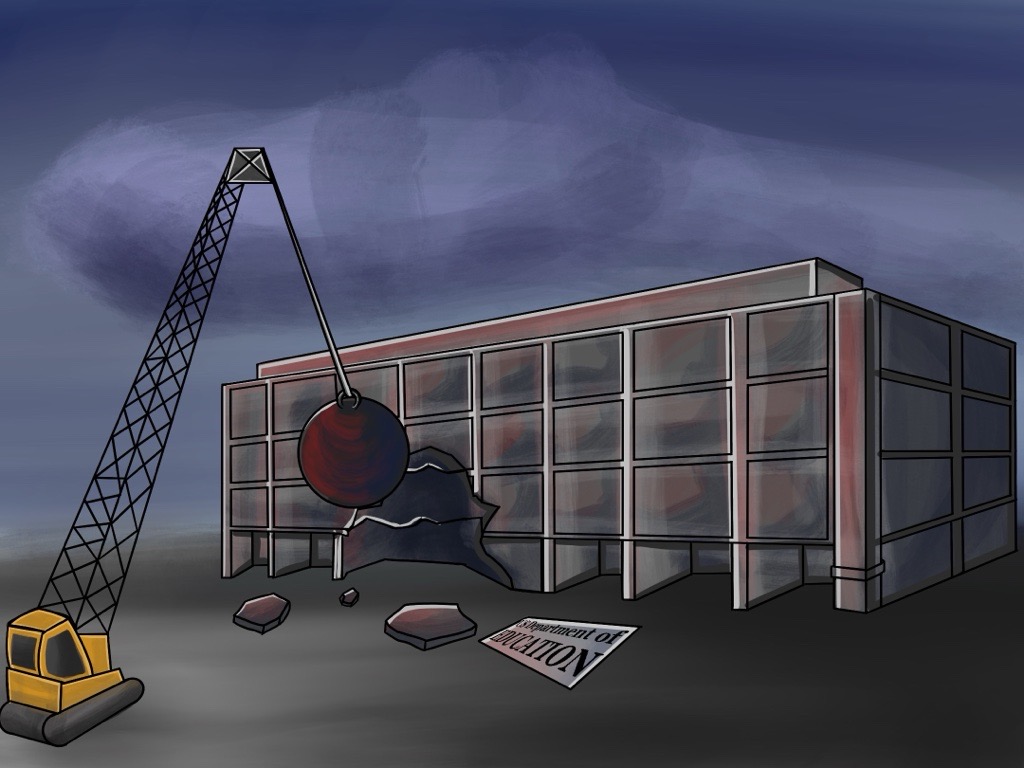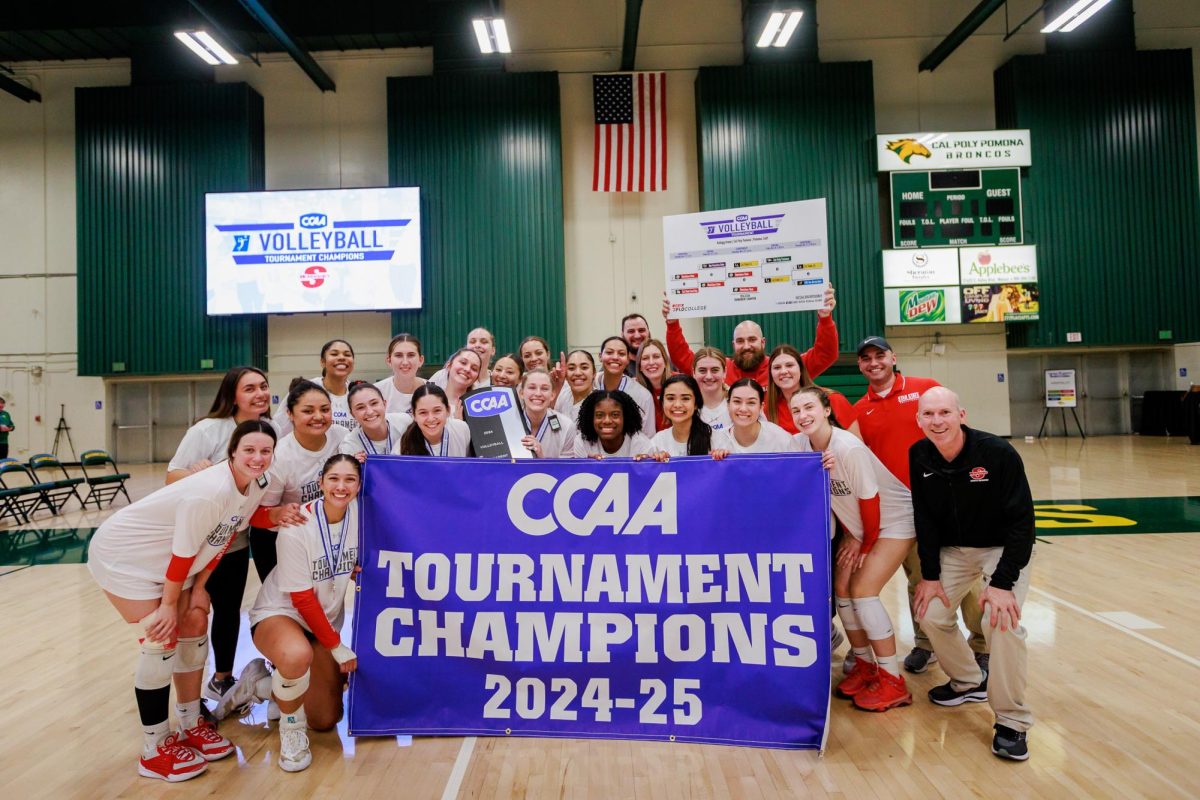Next spring, 200 universities all over the country will require their graduating seniors to take the Collegiate Learning Assessment Plus (CLA+). From the makers of the original Collegiate Learning Assessment (CLA), the Council for Aid to Education (CAE), this performance-based test is described by its creators as a means of measuring a student’s capacity for “critical thinking, problem solving, scientific and quantitative reasoning, writing, and the ability to critique and make arguments.”
The CAE states that, “Schools participate in CLA+ to discover the extent to which they contribute to the development of their students’ critical-thinking and written-communication skills.”
However, the buzz around this test is primarily centered on its other potential uses, specifically what those scores will mean to future employers. If provided by students, employers will be able to look at their test scores and assess their “work readiness” in comparison to other job applicants who have also taken the test.
According to The Wall Street Journal, employers have grown distrustful of college credentials and found grades to be misrepresentative of a student’s actual abilities in recent years. With the potential for possible GPA inflation, employers are in need of a standard scale to measure the value of each student’s degree.
Michael Poliakoff is aware of the stigma regarding misrepresented degrees. Poliakoff is the Vice President of Policy at the American Council of Trustees and Alumni, an organization dedicated to upholding “academic freedom, excellence and accountability in American colleges and universities.”
“For too long, colleges and universities have said to the American public, to students and their parents, ‘Trust us, we’re professional. If we say that you’re learning and we give you a diploma, it means you’re prepared.’ But that’s not true.”
In response, companies like the CAE have created new ways to evaluate each graduate’s skills.
“Students today can no longer rely solely on mastery of discipline-based information. They need to be able to analyze and evaluate information, solve problems, and communicate effectively. Beyond just accumulating facts, they must be able to access, structure and use information.”
Though many members of the California State University (CSU) system have declined to comment, CSU students can be assured for now that they will not need to take the CLA+ in order to graduate this spring.
“We do administer the CLA on our campus, but it isn’t mandatory,” said Marjorie Jaasma, Interim Associate Vice President of Academic Planning & Analysis and Accreditation Liaison Officer at California State University, Stanislaus.
“We [only] use a sample of students.”
The CLA administered on campus is used to help the university measure student learning growth compared to other universities and colleges. However, it is different from the CLA+ as it only tests students on critical thinking and writing, where the CLA+ is much more comprehensive.
With the current climate of the job market, students might want to consider looking into such performance-based tests.
For any students who are interested in taking the CLA+, it is 90 minutes long and costs $35. For more information, visit cae.org
Categories:
200 U.S. colleges to now implement CLA+
By Amanda Langston
•
September 13, 2013
0
Donate to Signal
Your donation will support the student journalists of California State University, Stanislaus. Your contribution will allow us to purchase equipment and cover our annual website hosting costs.
More to Discover






